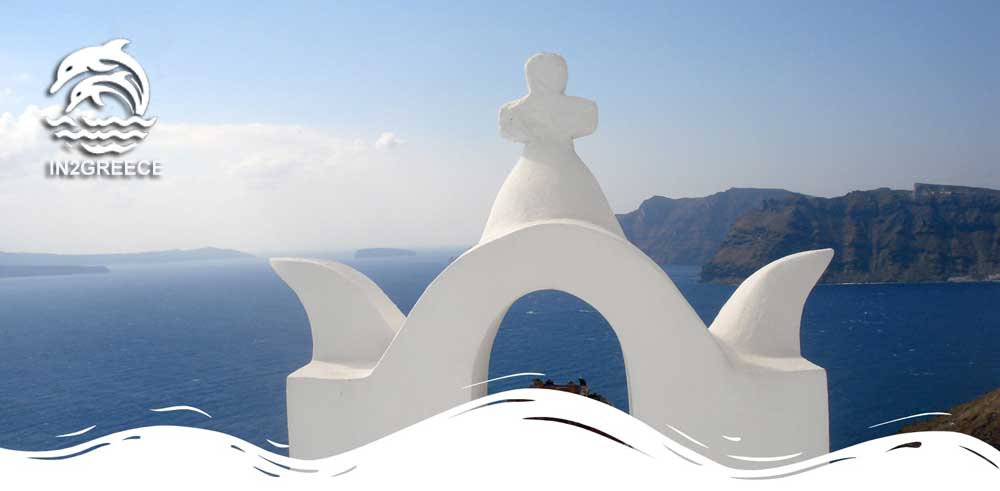The Greeks and their hospitality
About the people of Greece
Historically, Greeks also lived in Lower Italy and Sicily, which was the Greater Greece of antiquity. They lived in Corsica and the opposite coast of present-day France, on the coasts and inland of Asia Minor and in the Levant.
In Egypt as well, on the coasts of Black Sea and in today’s southern Albania and specifically in the region of Northern Epirus.
Strong Greek communities have been created by Greek immigrants in the USA, Australia, Germany, Canada and the United Kingdom, Russia, Ukraine, while smaller groups live in almost every country on the planet.
The vast majority of Greeks speak the Greek language and follow the Eastern Orthodox Christian religion. However, many Greeks of the Diaspora, especially children of immigrants or their descendants, have other mother languages such as English, German, French or other European ones.
The Greek hospitality
Many are familiar with the habitual behavior of Greeks who pay for everyone on a night out or offer celebrations in their homes.
Greek hospitality is different from many other cultures in the world, because it has its roots in antiquity and to this day is deeply imprinted in the DNA of the Greek people.
Anthropologists argue that there is much more to the phenomenon of hospitality, than free eternal goodness, because it is part of a system.
In many pre-industrial societies, people unselfishly gave food and shellter overnight to a foreigner, because they knew that someone else would do the same for them or their loved ones. These habits are deeply rooted.
A degree of reciprocity is always implied, even if it does not apply. Add to this equation the fact that historically, an unknown visitor had always represented potential danger, and making them grateful and obligated becomes an even better idea.
